Just in: New York Times beats London papers with first Otello review
mainIt hurts to write this but the New York Times, at 10.45 this morning, beat the massed ranks of British broadsheets to post the first review of Jonas Kaufmann’s debut as Otello at Covent Garden.
Zachary Woolfe’s verdict: In front of a sold-out Royal Opera House here, Mr. Kaufmann made his debut in the part, and he calmly, confidently sang it for the ages. His sound inescapably evokes memories of live performances and classic recordings by Vinay, Vickers and other masters; in a single night he joined their company.
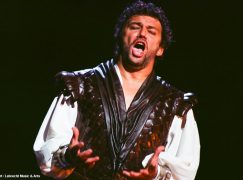
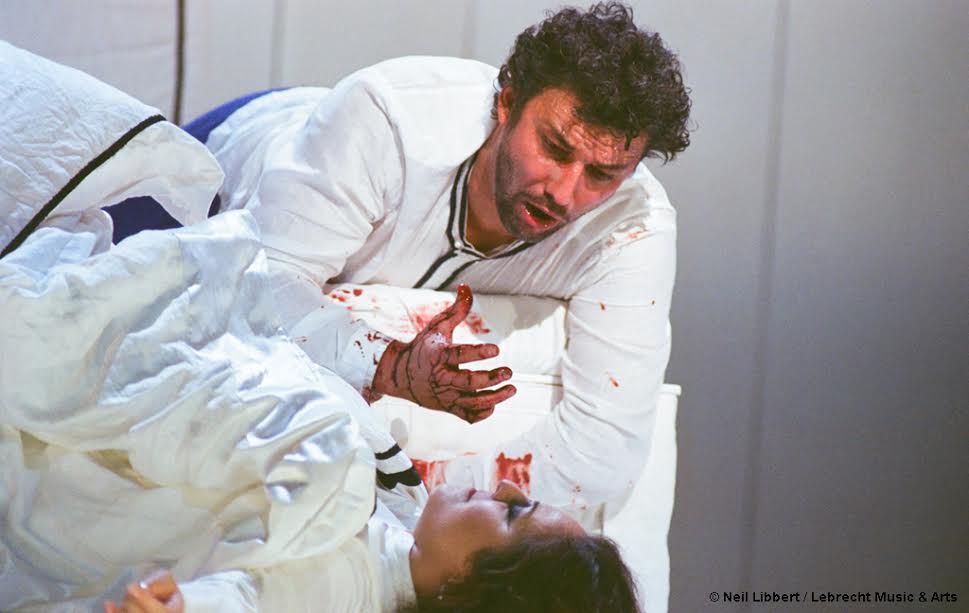
photos: Neil Libbert/Lebrecht Music&Arts
Only the freesheet Evening Standard got online faster.
Shame on the UK dailies.
LATER: The Telegraph is sceptical.


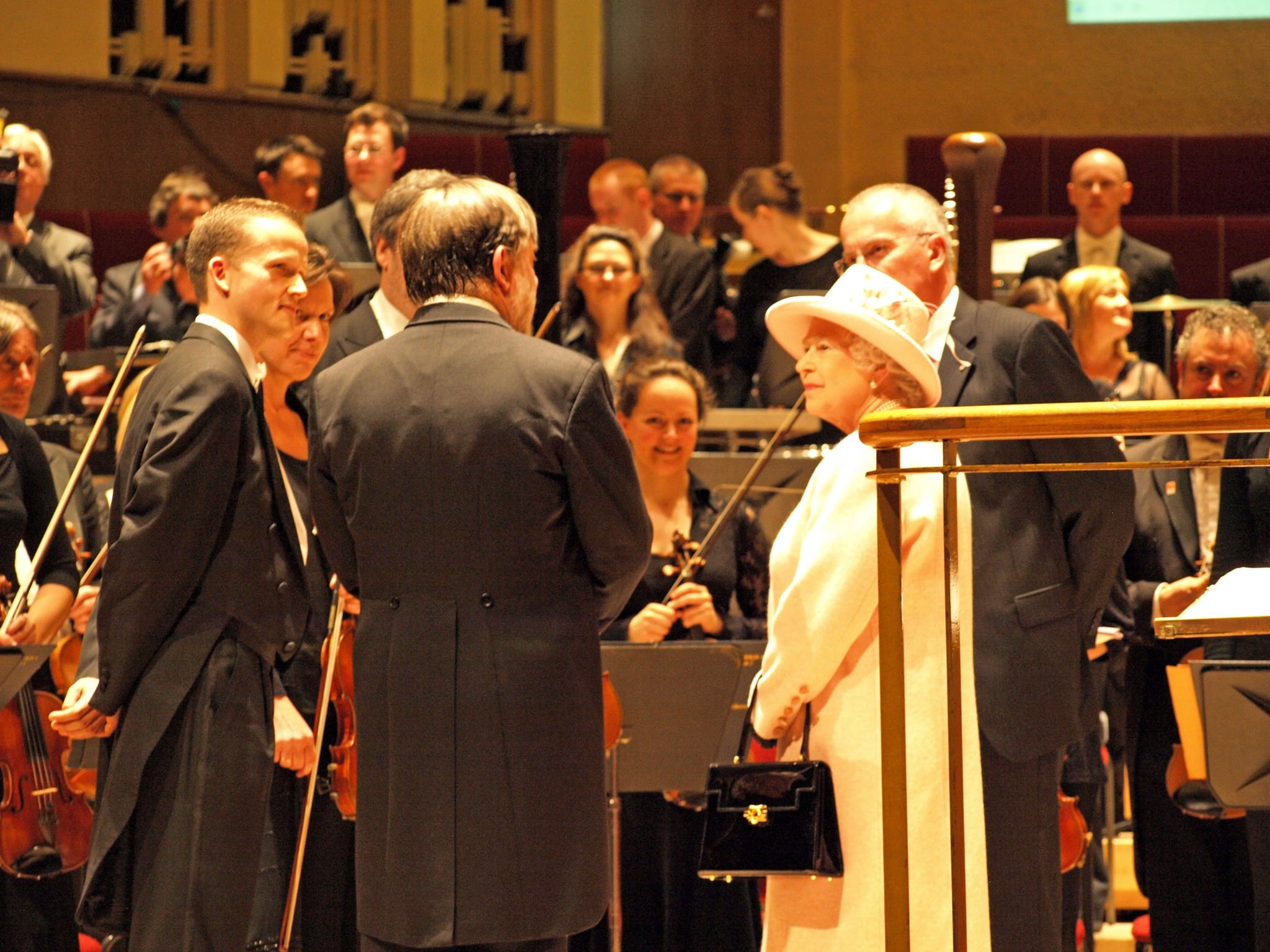
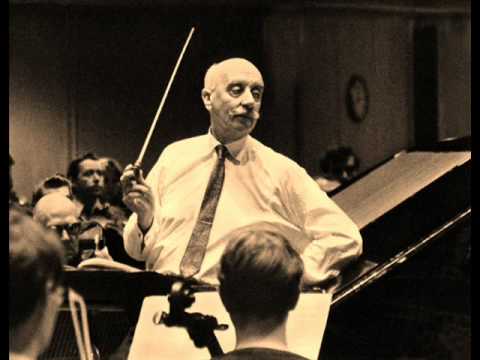
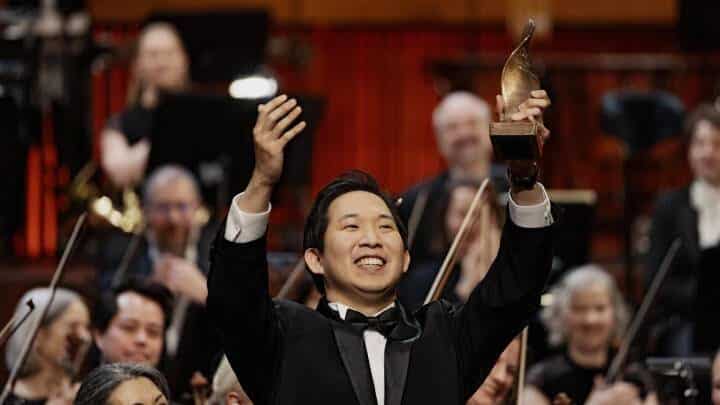
“It hurts to write this” … one feels your pain Norman. My review in the Times Literary Supplement will, as usual, be out in a week or two.
I shall try to be patient, Guy.
Why should a critic aim to be the fastest?
Maybe that’s a kind of gunstling mentality – the fastest and sharpest win.
Some years ago there was a debate about the wisdom of rushing to phone in a review immediately after the performance in order to catch the presses. I think most serious papers in the UK have now abandoned overnight reviews in favour of something more considered, haven’t they?
The FAZ famously said, ‘We don’t aim to be the fastest, we aim to be the best’.
Most of the print press failed on both.
New York Times theater critics were notorious for rushing out of shows the moment they could manage, so they could file their reviews immediately. It was like a cutthroat thing in the 20th century, before the internet I suppose. I remember reading that Walter Kerr had to dash out of the original production of A Streetcar Named Desire, and never heard the famous line about the kindness of strangers. Eventually producers started inviting critics to the last preview instead of opening night.
In the 1980s when the famous producer David Merrick was opening 42nd Street, he cancelled the last preview to ensure all the critics would be there on opening night, all so he could melodramatically announce at the final curtain that the show’s director had just dropped dead of a heart attack.
So, there’s that.
“In front of a sold-out Royal Opera House here…”
Clearly a fascinating concept for a New Yorker and quite unheard of.
Domingo sang Otello numerous times at the MET ALWAYS TO SOLDOUT HOUSE TO GREAT ACCLAIM. Has Woolfe ever heard Domingo’s Otello – I won’t even mention the greatest Otello to me -MARIO DEL MONACO
Woolfe’s review contradicts itself.
Well, any critic who can analyse and describe a new production’s two leading protagonists in a mere 3 lines is certainly one whose opinions are worth taking seriously!
Here you go:
“Her Desdemona simple and good-hearted, Maria Agresta sang with a tone that was sometimes full and womanly, sometimes cloudlike; Marco Vratogna was a blunt, somber Iago.”
Mark Pullinger for Bachtrack:
Kaufmann slipped into ultra-quiet mode too often, which largely worked for the parlando interior monologue of Dio mi potevi scagliar, but elsewhere his crooned pianissimos sounded mannered. In this role, less is not necessarily Moor.
Thanks. Mine was also online before the NYT… and a lot of us were waiting for press photos from the ROH after their fileshare service failed last night.
‘His sound inescapably evokes memories of live performances and classic recordings by Vinay, Vickers and other masters’ – and here you have the problem.
Either he’s very old indeed (he’s not), or he’s got a time machine (he doesn’t).
All recordings are recordings of someone singing ‘live’. No ‘live’ recording gives you more than an approximation of what the singer sounded like in the house.
Singers like Vinay’s used an old-fashioned, bladed technique that cut through the orchestra (no complaints about the orchestra being too loud for him) and delivered the audience a tone comprised of partials (overtones) to which they responded both musically and emotionally. This is something that you can never reproduce in a recording, and it’s why hearing opera in the theatre will ALWAYS be superior to watching it on relay in a cinema.
A while back, a critic became an agent. Even then, he didn’t seem to be able to realise the vast difference between the recorded and live experience. His wasn’t a conspicuous success.
It REALLY irritates me when a 29 year old critic writes stuff about how “this concert brought to mind Liza Minelli’s indelible live performance at the Palace…” Some critics seem to cultivate this persona of someone omniscient in all matters of culture. I am not sure what the editors think of all this.